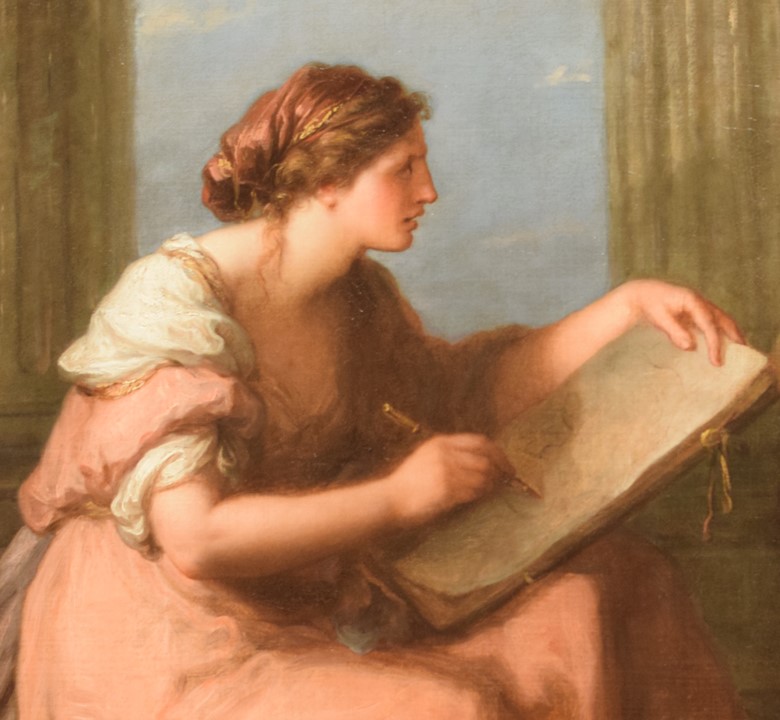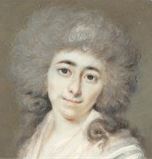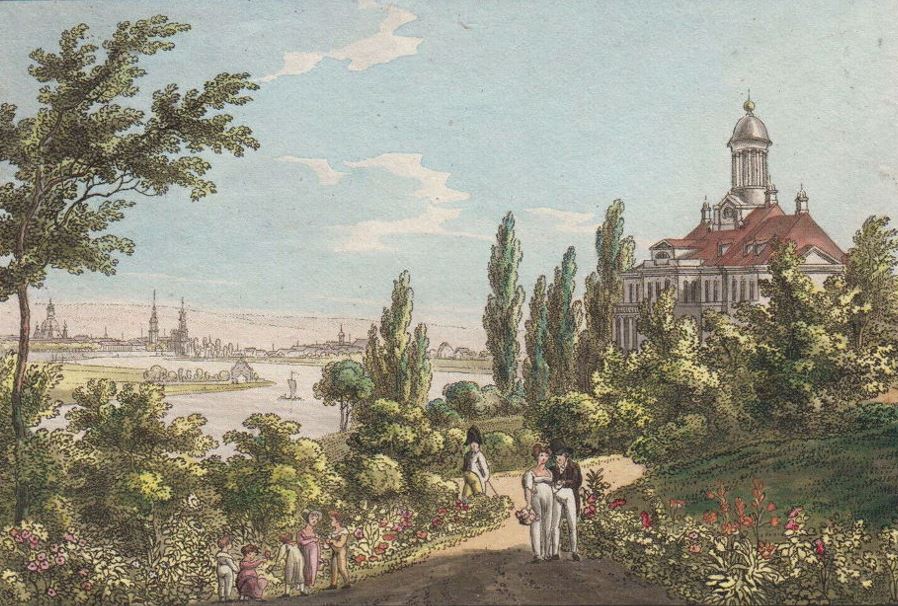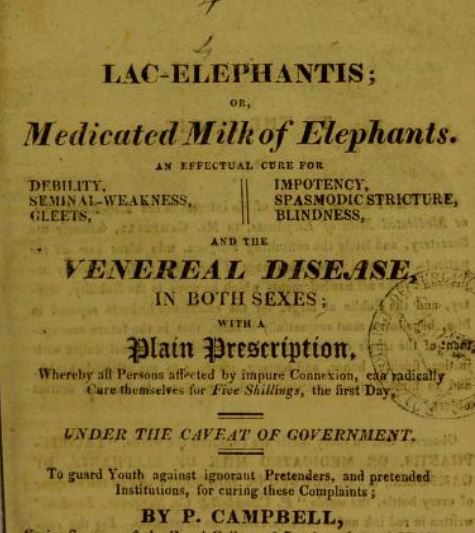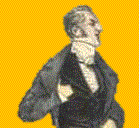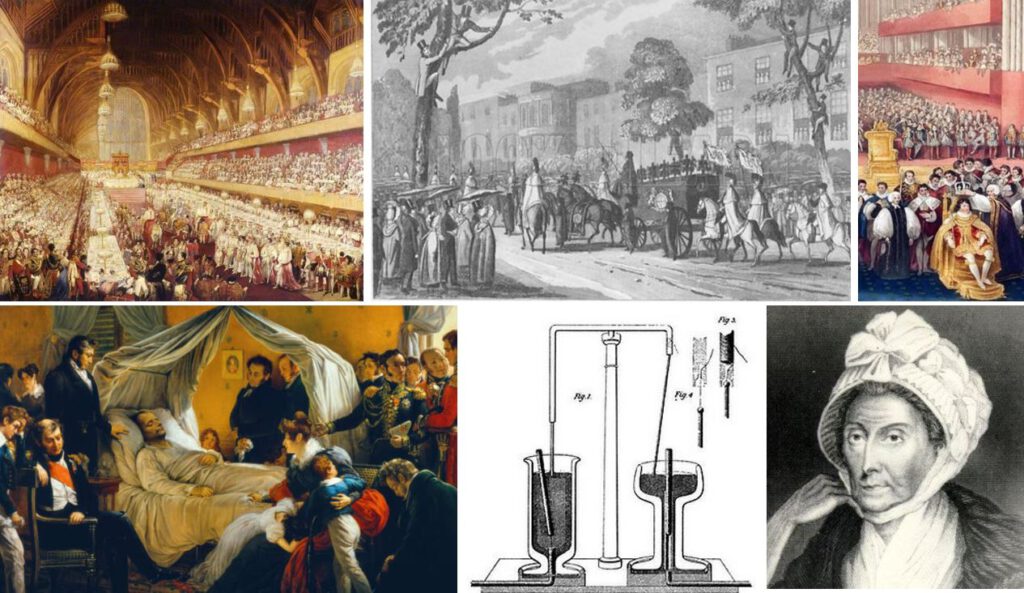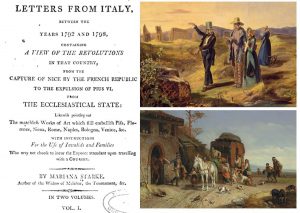In the early 19th century there was hardly a more experienced kingmaker than Napoleon Bonaparte: He had crowed himself as Emperor of France in 1804, became King of Italy in 1805, and made his relatives Kings of the Kingdom of Holland (1806), the Kingdom of Naples (1806 and 1808), the Kingdom of Westphalia (1807) and of Spain (1808). He also made his ally, Maximilian IV Joseph, prince-elector of Bavaria, a King in 1806. The coronation of the King of Bavaria was planned to be a splendid affair, and everyone invested large amounts of money, time and craftsmanship, but alas….
Continue reading →



